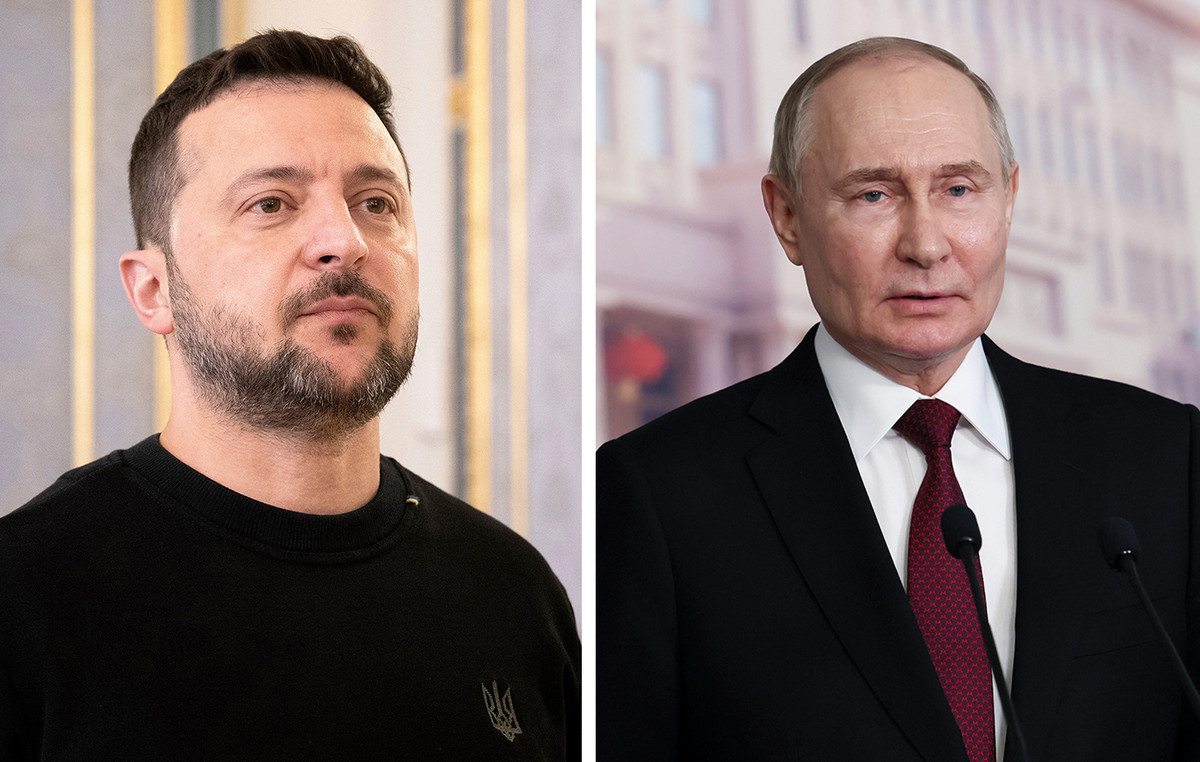You don’t even have to smell food in the air or sign on the door. The accumulation of motoboys with bags of different applications hanging on their backs leaves no doubt. In that once quiet property, located near her house, another dark kitchen. Or several.The global phenomenon, which began about five years ago in India, London and the United States, has multiplied rapidly during the pandemic. And it promises to grow even more.
Invisible to the eyes of the final public, the model, also known as “ghost kitchen”, “cloud kitchen” or virtual restaurant, it doesn’t need cute decor, furniture, dishes to wash, waiters and sommeliers.
Which makes everything much simpler, faster and cheaper.
“If in a normal restaurant we have to invest almost R$ 1 million, in a dark restaurant it is only R$ 100 thousand”, says Dan Luco, from La Braciera pizzeria. After investing in his own spaces, he is preparing to expand the brand’s reach through kitchen hubs.
True kitchen condominiums, with a common structure for clothing, bathroom and delivery area, this type of structure allows you to further reduce fixed costs by sharing the value of the property itself with dozens of operations.
Each one occupying a different kitchen set up in spaces that start at about 10 m² and have an initial monthly fee of around R$ 2 thousand.
“There are a lot of people investing heavily and in a well-organized way in these hubs that offer structure, maintenance service and partnership with delivery platforms for a cost 40% lower than that of a traditional operation of their own”, analyzes Joaquim Saraiva, president of the Brazilian Association of Bars and Restaurants (Abrasel).
But the large concentration of high-flow businesses in the same property, usually located in mostly residential neighborhoods, has generated conflicts with the neighborhoods.
The intense movement of couriers interfering with traffic, the constant noise and the very odor of food (often loaded with grease) increased the number of complaints in city halls and neighborhood association movements.
“The location of the hubs is chosen according to the so-called hot zone (areas that concentrate the largest number of orders) of the applications”, explains Gustavo Nogueira, partner at Smart Kitchens, a company specialized in the implementation of kitchens and commercial spaces focused on delivery. .
“But all of our developments have their own areas so delivery people don’t stop on the street and smoke washers on exhaustion. In addition, we give priority to properties that do not have residential neighbors glued together precisely so as not to disturb them”, he adds.
The company, created in 2018, is present in Campinas, Fortaleza, Belo Horizonte and São Paulo, where by the end of the year two more units will be added to the four that already exist.
“We currently have 130 modules (kitchens) and more than 70 customers. But the plan is to reach 43 condominiums in three years”, says Nogueira. Which means 646 new spaces prepared with points of light, water, sewage and external exhaust structure to become delivery kitchens by 2025. The assembly and operating guarantees are the responsibility of the renter.
While the government does not create legislation with specific rules for the activity, minimizing the impact of these activities on the surroundings and maintaining the well-being and quality of life of residents ends up depending only on the common sense of all those involved.
“The competent bodies need to supervise hygiene, noise and safety. Dark kitchens have to provide decent conditions for delivery people and guide them in relation to noise. And the consumer could also go there to find out where their food is coming from and demand organization. If there is no such control from all sides, the segment grows uncontrollably and the disturbance will only get worse”, points out Saraiva.
In Brazil since mid-2020, the Kitchen Centralthe local name adopted by Cloud Kitchens, one of the largest global players in this market, valued at US$ 15 billion and whose main shareholder is the controversial Uber founder Travis Kalanick, already has 23 hubs in São Paulo, Rio de Janeiro, Brasília and Belo Horizonte, and promises to expand even further.
As well as the number of independent structures or linked to franchise networks with a focus on gaining scale at low cost.
According to a survey carried out by the Brazilian Franchising Association (ABF) in the second quarter of 2021, 57.4% of the power networks surveyed already had the model or were in the planning or implementation phase.
La Braciera itself, which already has restaurants with lounges open in Santa Cecília, Jardins and Santana, in the city of São Paulo, has entered into a partnership with Kitchen Central to open five exclusive units for delivery by the beginning of 2023. Two are already defined in São Paulo, to quickly serve the regions of Brooklin and Vila Mariana, one in Rio de Janeiro and another outside the capital of São Paulo in a location to be defined.
“The dark kitchen is a way to expand the brand and test new regions and audiences with low investment. If it works, then we can open physical stores, which have a much higher average ticket”, says Luco.
To give you an idea, while in the virtual operation, orders total an average of R$ 80, an amount referring to a single pizza, in the salon the bill usually doubles easily with the addition of drinks, starters and desserts.
“In delivery, what counts is speed. In the salon, the experience. But in it, I can turn a maximum of three times the number of tables (which would give about 150 customers per night). In delivery, I can serve 300 homes and quickly double or triple that capacity”, he details. Currently with revenues of around R$ 800 thousand, the entrepreneur expects to reach R$ 2 million by the end of the year with the new structures.
On the network ráscal, which started delivery operations shortly before the pandemic, the option to maintain the system with the resumption of movement in the nine salons installed in São Paulo was to open its own dark kitchen. Dedicated exclusively to the new channel, it already accounts for 15% of the group’s sales.
“The structure I found in the hubs was not at the level of demand we have”, points out Ráscal’s CEO, Rodrigo Testa. One of the critical points in this evaluation was precisely the structure dedicated to delivery people. “We made a point of having a space big enough for them to park inside our property”, he details.
Inaugurated at the end of February, the ghost kitchen is very similar in size and structure to the other units in the group, but with the structure organized in order to optimize the processes for the expedition.
“The initial investment is lower. But, in my view, the operating costs end up being very similar. You exchange expenses with finishing and salon staff for packaging, shipping, market place fees”, he says.
Still looking calmly at this type of expansion, Testa set a period of four more months to reassess the investment and to find out how much having a dark kitchen actually helps to grow.
Source: CNN Brasil







